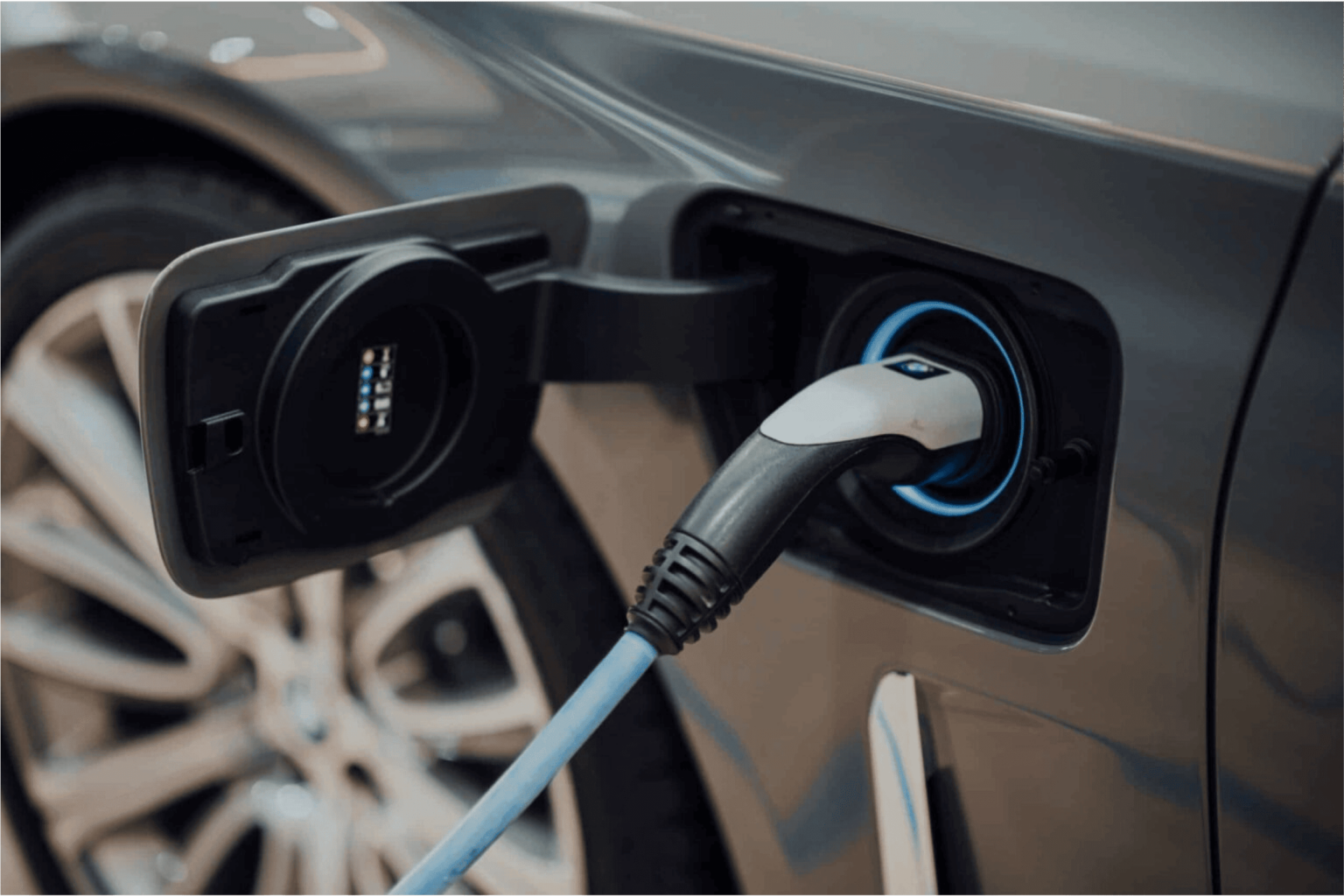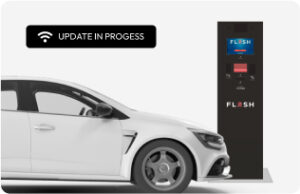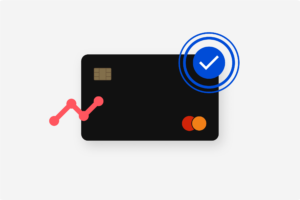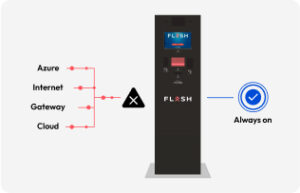The only platform integrating EV charging and parking
Flash’s EV Charging solutions can help you diversify revenue while meeting the needs of modern EV drivers. Today, it’s an added amenity – tomorrow it will be the standard in every parking operation.
Connected, convenient and cost effective
Unlocking EV charging in the urban core is critical as fleets and personal vehicles transition from gas to electric. Flash is transforming urban mobility by connecting EV charging into streamlined driver experiences that drive revenue for parking asset owners and operators.
Flash's end-to-end program management
How it works:
Step 1: Site Evaluation
Evaluate asset and location layout, electrical and prime placement
Step 2: Proposal
Configure EV Solution, input from our team of experts including Rebates & Incentives and Construction: Design/Electrical Engineering teams
Step 3: Logistics
Coordinate materials and schedules shipment - Operations team
Step 4: Install
Install charging station equipment + test connection and electricity flow of the charging network - Construction team
Step 5: Launch
Final commission with testing
Step 6: Maintenance
5 year warranty, includes cable management

7.2 Million
Electric Vehicles on the road today.
380 EV Chargers
Is the number of chargers we would need to install every day for the next nine years to keep pace with the EV revolution adoption.
72% of drivers
Will need a place to charge away from home.
EV Charging FAQ’s
An EV charging solution refers to the infrastructure and technology necessary for charging electric vehicles (EVs). It can include hardware such as charging stations, as well as software for monitoring usage and managing payments. EV charging solutions can be installed in various locations, such as homes, workplaces, and public spaces, to support the growing adoption of EVs and facilitate their use.

An EV charging station is a device that supplies electrical energy to charge electric vehicles (EVs). It provides a connection point between the EV and an electrical source, allowing the battery to be charged. Charging stations come in different types and power levels.

EV charging is the process of powering electric vehicles (EVs) using an electrical source. The EV is connected to a charging station or plug, with different charging options providing varying power and speed.

- Level 1 chargers plug into a household 120 volt outlet. Level 1 or trickle charging typically only adds 3 to 5 miles per charging hour. This may serve for household applications as an extra boost for hybrids, but for full-electric vehicles Level 1 charging isn’t a viable option. Level 1 charging is typically not a viable solution for commercial applications
- Level 2 chargers are optimal for most residential and commercial settings. Commercial charging applications can vary from all day charging in an office to an hour or a few in retail. Level 2 chargers deliver 12-60 miles of range per hour.
- Level 3 or DC Fast chargers are optimal for Highway applications. DC Fast chargers offer 60-80 miles of range in just 20 minutes, but also require extensive infrastructure

